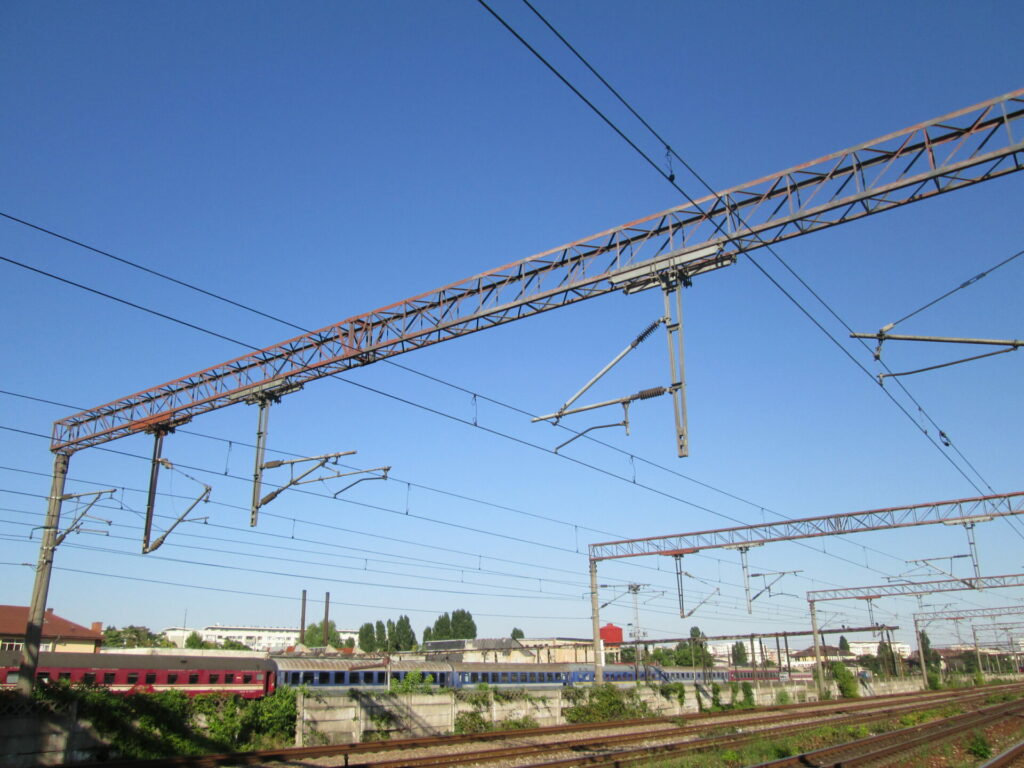The Flemish Christian Democrats (CD&V) are proposing the use of catenaries, overhead cables used to power trams and trains, to recharge electric cars. The plans would see Belgium rapidly expand access to electric car charging stations across the country.
According to international standards, on average, one public car charging point is needed to power ten electric cars. To meet the growth in popularity of electric cars, boosted by the upcoming ban on the sale of combustion engine vehicles in just over a decade, Belgium must meet 200,000 public charging points by 2035.
“The catenaries of trams and trains could theoretically be perfectly linked with charging points for electric cars,” argue CD&V politicians Orry Van de Wauwer and Jef Van den Bergh.
The MPs argue that the overhead cables are not used permanently and can therefore be used to divert excess power to Belgium’s mobility sector.
“At night, for example, there are far fewer trains and trams in circulation. They could then usefully supply the charging points in strategic points,” they argue.
Related News
- Plug-in hybrids more polluting than originally thought
- EU officially bans new diesel and petrol cars from 2035
In response to the proposal in the Federal Parliament, Minister of Mobility Georges Gilkinet indicated that a pilot project is currently underway to test the feasibility of expanding the project further.
Last year, Flemish grid operator Fluvius said that it will invest €4 billion into strengthening the region’s energy grid, in anticipation of the mass roll-out of electric vehicles. Fluvius thinks that there will be 1.5 million electric vehicles on the road by 2030 and that 20% of all new trucks will run on electricity. As of 2020, there were only 23,983 electric passenger vehicles on Belgian roads.

